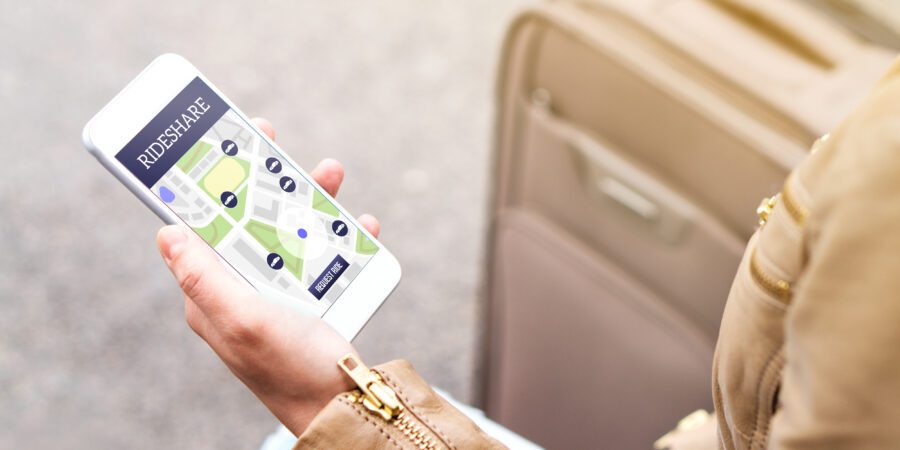Here Is How
Uber and Lyft have long been taking advantage of their customers by implementing excessive pricing during emergencies. Their refusal to improve their algorithms to avoid this unnecessary additional stress in terrifying situations is difficult to understand.
It is not surprising that the bystanders of the recent Seattle shooting were overcome with panic and an urgent need to escape the area. What you may find surprising is that this panic was met with exorbitant pricing on Uber and Lyft platforms.
Here are the Facts Surge pricing automatically increases the cost of a ride. It is initiated by an algorithm when the demand for rides in a particular area is higher than the available drivers. No other factors are taken into account by the algorithm. This means that surge pricing is instituted in all circumstances when a large number of people want to be transported at once; for example, on New Year’s Eve, during thunderstorms, and even during or immediately after a violent attack.
Switching off the surge and reverting to normal pricing needs to be done manually. It takes time for the appointed people to assess the facts and make decisions about whether to increase prices or not.
What about Ethics? The demand and supply equation is the cornerstone of capitalism which has hugely influenced the making of our world. It is hard to argue with a principle that is so ingrained in the fabric of our society.
But this financial equation should not interfere with our basic instinct to flee from a harmful environment nor the desire we should foster to help one another.
Reviewing the Past Unfortunately, Seattle is not the only time the public has experienced this behavior from the ride-sharing companies.
In December 2014, surge pricing was initiated during a hostage situation in Sydney, Australia. In this BBC article, Uber admits to taking too long to stop the price surging. Five years later, there is little evidence that they have attempted to improve their reaction time.
We witness it again in June 2017 during a terror attack in London, England. According to an article by the Independent “the difference between the response of the numbers-based app to the horrifying event and the human-driven, old-fashioned taxi drivers who offered to drive passengers out of the area free of charge. Which world would you rather live in?
One where a computer decides you should pay double or more for the same ride you’ve taken ten times before or one where a stranger is willing to put aside their bottom line to help you feel safe?
Looking to the Future
It is unbelievable that, since December 2014, the ride sharing companies’ algorithms have not been updated to take other factors into consideration when launching a price surge. Uber has attempted to resolve this issue by creating a team to assess events on a case-by-case basis. But recent events have shown this is not enough and customers continue to suffer at the hands of the algorithms in emergencies.
Google Maps has adapted to the times and now has an active mass shooting feature alerting users to nearby shootings and giving alternate routes to avoid congestion. If Google can incorporate this information into its platform, why can’t the ridesharing companies develop their tech to do the same?
After each incident, apologies are issued and refunds are made. But the damage has been done. These gestures do little to repair the relationship between the companies and their consumers. The public won’t put up with being repeatedly taken advantage of in moments of need. To ensure long-term success, Uber and Lyft should make resolving this issue a priority.
Our expert California ride share injury lawyers are ready to defend you in your Uber or Lyft injury case


